 Back to blog
Back to blog
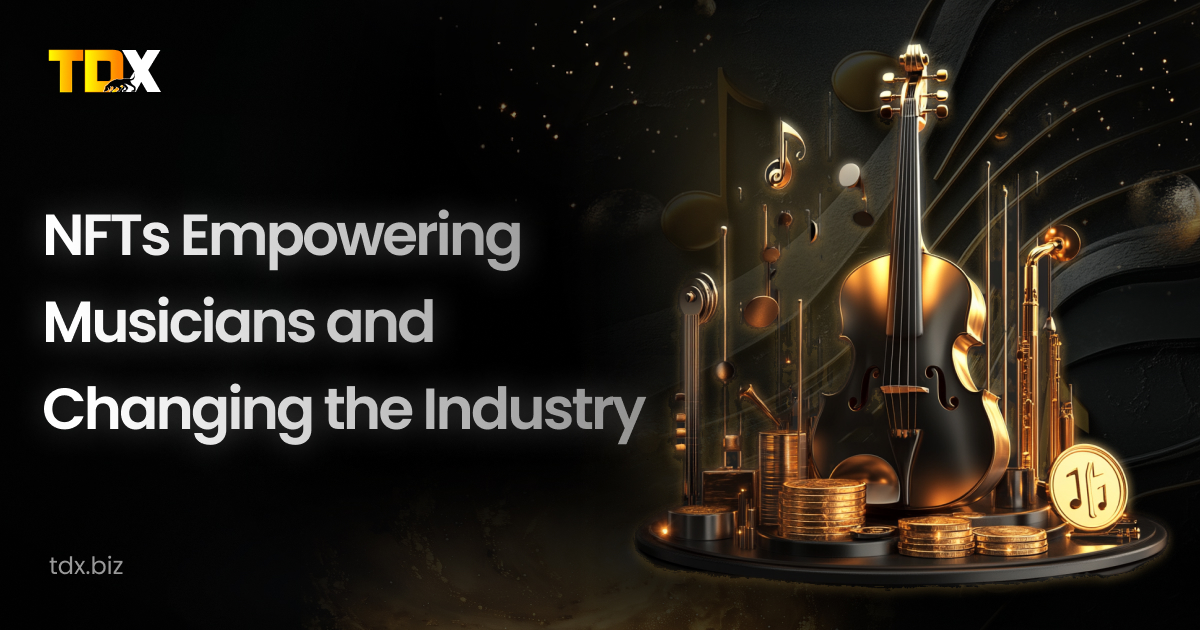

NFTs Empowering Musicians and Changing the Industry
NFTs are revolutionizing the music industry by offering artists a new platform to sell music directly to fans while maintaining control over their creations. These digital tokens leverage blockchain technology to create unique music NFTs, including album art and exclusive content, enabling a more direct relationship between artists and their fan base.
By bypassing traditional record labels and streaming services, musicians can unlock fresh revenue streams through secondary sales and offer special perks to their audience.
As the NFT market still grows, even during the bearish market, early investors and creators are contributing to a dynamic music NFT collection, setting the stage for a future filled with innovative virtual experiences and exclusive events.
This shift not only transforms how music is sold but also how artists connect with their fans, promising a vibrant and engaging future in the music world.
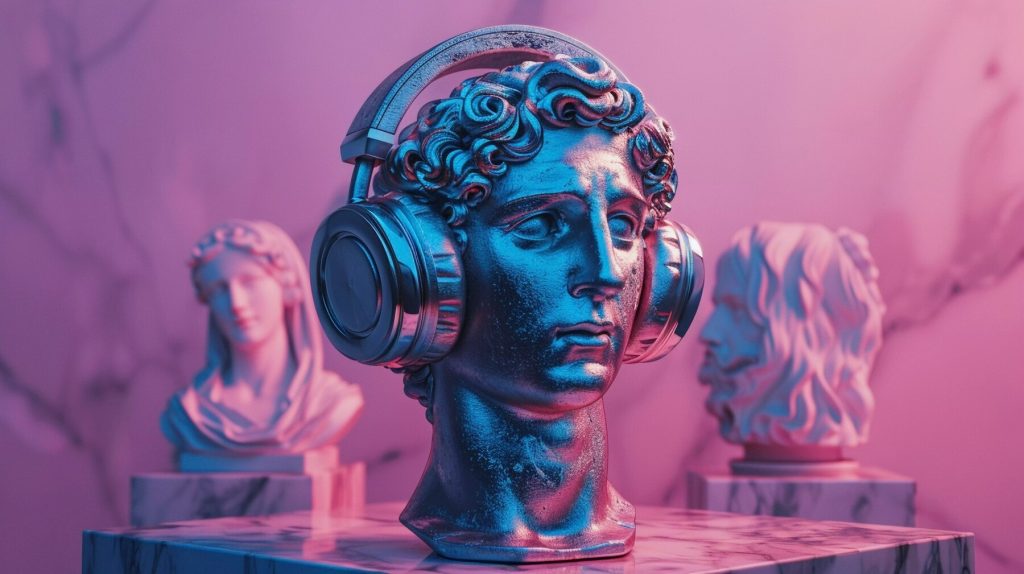
What Are NFTs?
NFTs, or non-fungible tokens, are digital assets that represent ownership of unique items, verified through blockchain technology. Unlike cryptocurrencies such as Bitcoin, which are identical and interchangeable, NFTs are one-of-a-kind, making them ideal for certifying digital artworks and collectibles. Each NFT contains distinct information that sets it apart, ensuring its originality and provenance.
In the broader NFT market, these tokens have found applications across various fields, including art, gaming, and even real estate. For artists and creators, NFTs provide a platform to monetize their work by selling digital artwork directly to collectors. This direct-to-fan model ensures creators retain more control over their creations and potentially earn royalties from secondary sales.
In the music industry, NFTs offer musicians a chance to explore new revenue streams. Music NFTs can encompass anything from exclusive album releases to digital concert tickets, allowing artists to engage with fans in novel ways. By bypassing traditional record labels, musicians can benefit from more direct relationships with their audience and secure a higher degree of financial return.
The concept of NFTs also extends to video and multimedia content, opening doors for innovative experiences and exclusive access. As technology and digital platforms evolve, the potential applications of NFTs continue to grow, promising a future where ownership and creativity are more interconnected and secure.

Various Types of Music NFTs
In 2024, the landscape of music NFTs has expanded to offer a variety of options for artists and fans. These digital tokens are revolutionizing the music industry by providing new ways to create, sell, and experience music. Here’s a look at the various types of music NFTs available today:
Song NFTs
These are digital tokens representing ownership of individual songs. Artists can create unique NFTs for each track, offering fans a chance to own exclusive versions of their favorite tunes. This type of NFT fosters a direct connection between the artist and the fan.
Album NFTs
This format bundles entire albums into a single token. Fans not only gain access to a complete set of songs but often receive exclusive album art and behind-the-scenes content as well. Album NFTs provide a comprehensive experience for collectors and music lovers alike.
Concert Ticket NFTs
These tokens go beyond recorded music, offering access to virtual or in-person concerts. Concert ticket NFTs grant fans exclusive entry to events, enhancing their experience and connection to the artist.
Royalty NFTs
By tokenizing a percentage of their royalties, artists can sell these NFTs to investors. Purchasers receive a share of future earnings, transforming music into an investment opportunity and providing artists with continuous revenue streams.
Interactive NFTs
These allow fans to engage with the content more dynamically. Owners might unlock unique experiences like interactive music videos or virtual reality events. This format enhances fan interaction and participation in the artist’s creative journey.
Exclusive Content NFTs
Beyond just music, these tokens offer access to rare and behind-the-scenes content, such as unreleased tracks or artist interviews. This type of NFT builds a deeper fan connection by providing a glimpse into the artist’s world.
As the music world continues to embrace NFTs, these digital tokens are proving to be powerful tools for both artists seeking to innovate and fans eager for more personalized experiences. The potential for growth and creativity in this space is limitless, with each type of NFT offering unique benefits and opportunities.

Pros and Cons of Applying NFT in the Music Industry
In 2024, the application of NFTs in the music industry presents both exciting opportunities and notable challenges. Here’s a breakdown of the pros and cons associated with this digital revolution:
Pros
- Direct Fan Interaction
NFTs allow artists to engage directly with their fan base, bypassing traditional intermediaries like record labels. This direct relationship fosters a more personal connection and can enhance fan loyalty. By offering exclusive content such as behind-the-scenes footage or unique digital artwork, musicians can create a more immersive experience for their fans. - New Revenue Streams
The NFT market opens up numerous avenues for monetization. Artists can sell music NFTs as individual songs, albums, or even concert tickets. These digital tokens provide musicians with supplementary income sources beyond traditional streaming services. - Creative Control
NFTs empower artists with greater control over their work. Musicians can dictate how their music is distributed and sold, and set terms for secondary sales, ensuring they benefit from all transactions involving their creations. This feature is particularly appealing in an industry where creative control is often limited.
Cons
- Technical Complexities
The process of minting and selling music NFTs can be technically challenging, especially for artists without a tech background. They must navigate digital platforms, understand blockchain technology, and manage digital identities, which can be daunting without proper support. - Environmental Concerns
The blockchain technology underlying NFTs is known for high energy consumption, raising environmental concerns. This issue has sparked debate within the music world about the sustainability of NFT projects and the need for greener solutions. - Market Volatility
The NFT market has shown significant volatility, with prices and interest levels fluctuating wildly. This unpredictability poses a risk for artists and early investors looking for a stable financial return. Market dynamics can be influenced by factors such as the collapse of crypto exchanges, which can lead to sharp declines in NFT trading volumes.
Despite these challenges, NFTs continue to make waves in the music industry, offering fresh opportunities for creativity and engagement, and that’s the most important thing.
The Future of Music with NFTs
The future of music with NFTs is shaping up to be a groundbreaking shift in how music is created, distributed, and experienced. As non-fungible tokens (NFTs) continue to gain traction, they are poised to transform the music industry by decentralizing music distribution, strengthening artist-fan connections, and opening new revenue streams.
Decentralized Music Distribution
NFTs enable a decentralized approach to music distribution, allowing artists to bypass traditional record labels and streaming services. By leveraging blockchain technology, musicians can release exclusive content such as limited edition albums or concert experiences directly through NFT marketplaces.
It ensures that creators have more control over their digital tokens and receive fair compensation for their work through automated royalty payments. As blockchain technology underpins this process, it offers a secure and transparent method for managing digital identities and ownership.
Enhanced Artist-Fan Connections
NFTs foster a more direct relationship between artists and fans. Musicians can offer exclusive events, virtual experiences, and unique digital artwork that deepen the connection with their audience. These special perks not only enhance fan loyalty but also create a vibrant community around music NFT projects.
With NFTs, artists can reward their fan base with exclusive content and experiences that traditional avenues cannot provide. This direct interaction transforms the fan experience from passive consumption to active participation.
New Revenue Streams
The NFT market introduces new avenues for financial return, allowing artists to monetize their work beyond traditional sales and streaming. Through secondary sales, musicians can benefit from ongoing revenue whenever their NFTs are resold. This model ensures that artists continue to profit from their creations long after the initial sale.
Early investors in music NFTs can also see significant returns as the value of these digital assets appreciates over time. For further exploration of these opportunities, check out the latest developments in NFT market dynamics.
Role of Technology
The integration of AI and blockchain technology is further redefining the music landscape. AI-driven tools enhance music discovery and composition, offering personalized streaming services and curating experiences tailored to individual preferences.
Blockchain’s role in automating and securing transactions provides a higher degree of trust and efficiency in the NFT ecosystem. As technology continues to evolve, the possibilities for innovation in music are limitless.
As we look to the future, NFTs are set to redefine the music world, offering creators and fans unprecedented access and opportunities. By embracing this digital transformation, the music industry can unlock a new era of creativity, connection, and commerce.
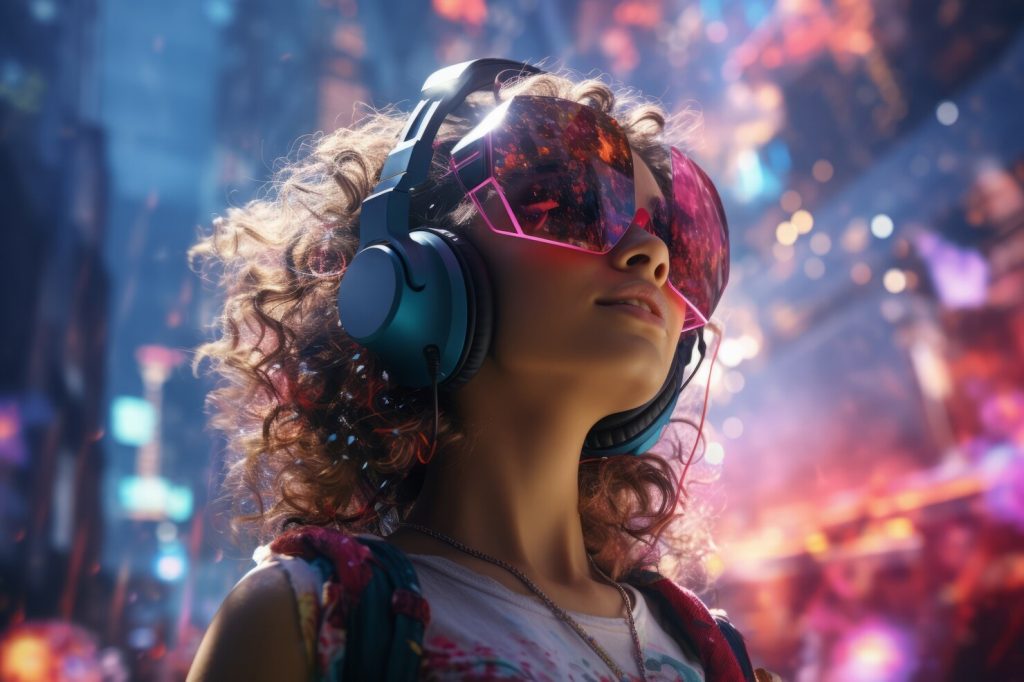
Bottomline
NFTs are definitely shaking things up in ways we’ve never seen before. These digital tokens are not only changing how music gets out there, but they’re also bringing artists and fans closer together than ever. Forget the old-school record labels; with NFTs, artists can sell their music directly, offer exclusive content, and create immersive experiences that keep fans hooked.
The NFT music scene is buzzing with potential. Whether it is through secondary sales or unique virtual events, there’s a whole new world of opportunities for financial gain and creative expression. As more musicians dive into this digital revolution, the music world is set for a thrilling transformation. It’s an exciting time to be part of this evolving industry, where the blend of art and technology is creating a symphony of possibilities.
40,000 readers 🚀 are getting insights with our media
 Read on Medium
Read on Medium 
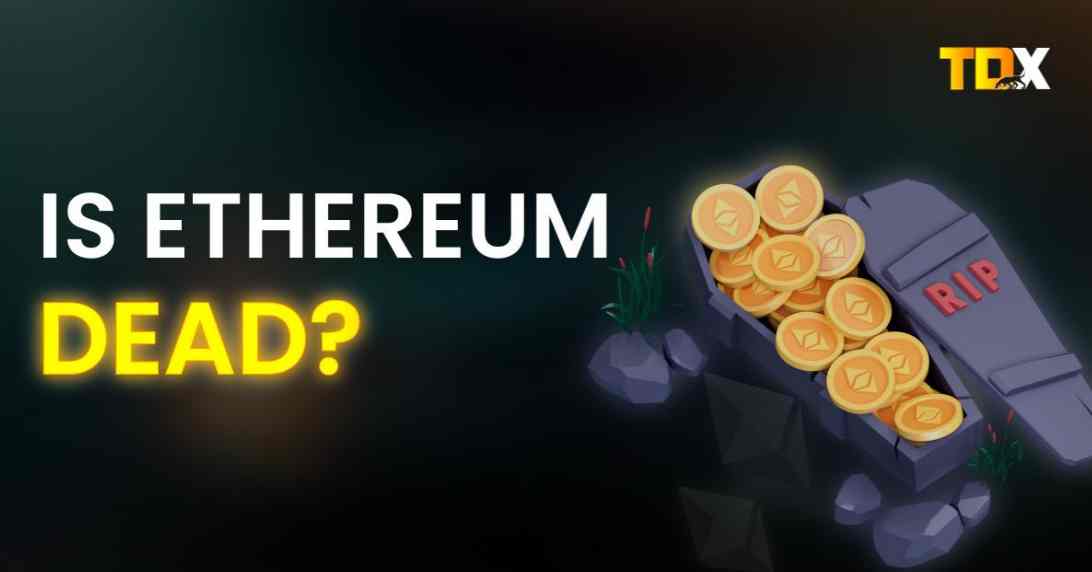
Article
“Is Ethereum dead?” This is a trending argument that is appearing in various crypto communities and media. Which is not…

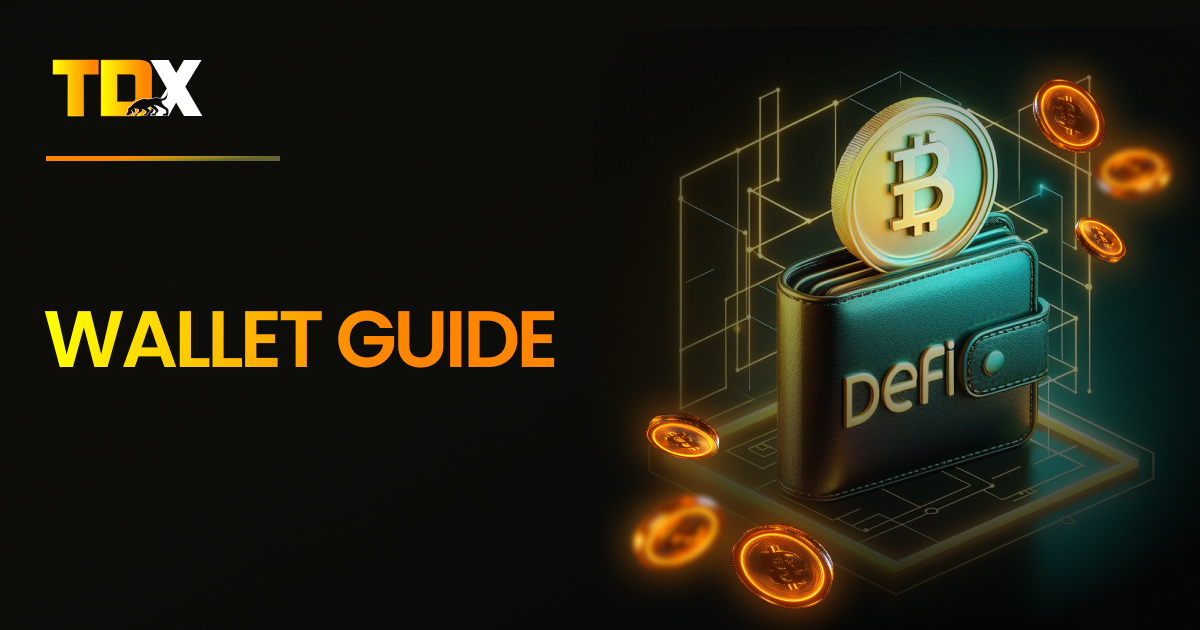
Guide
Welcome to the beginner’s guide on Trust Wallet, MetaMask, and Exodus—three most common cryptocurrency wallets for managing your crypto assets….

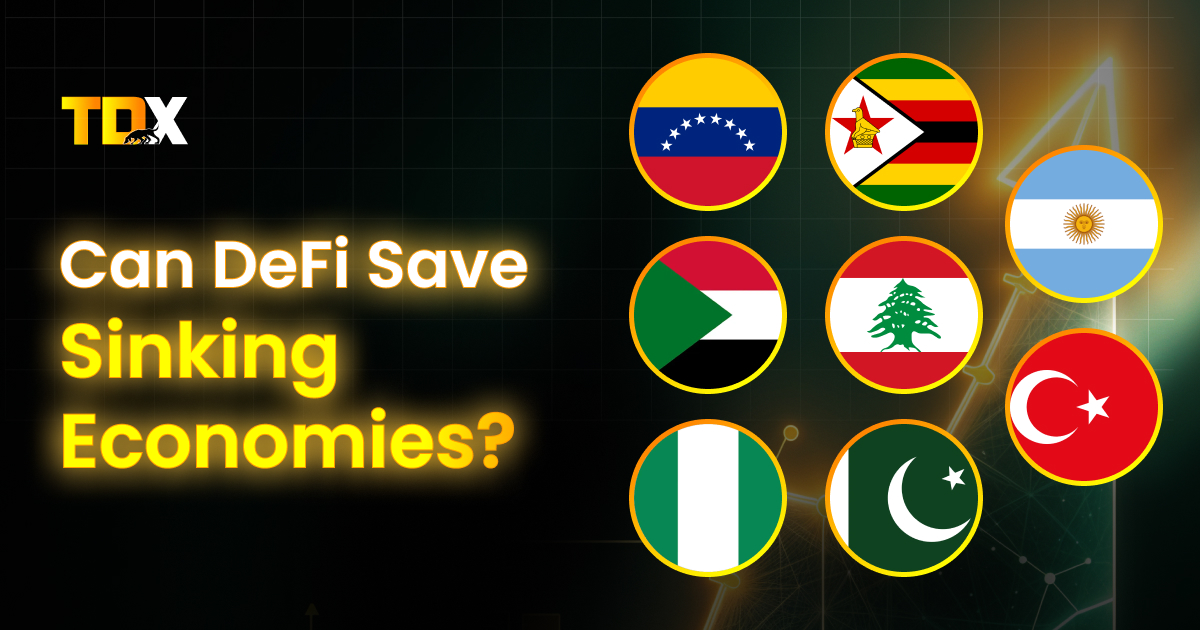
Article
When Venezuela’s inflation hit 189.8% in 2023 [Central Bank of Venezuela, 2023], Maria’s life savings of 200 million bolivars (enough…


Article
For generations, Indians have trusted one investment: fixed deposits (FDs). If you walk into any Indian household, chances are someone…


